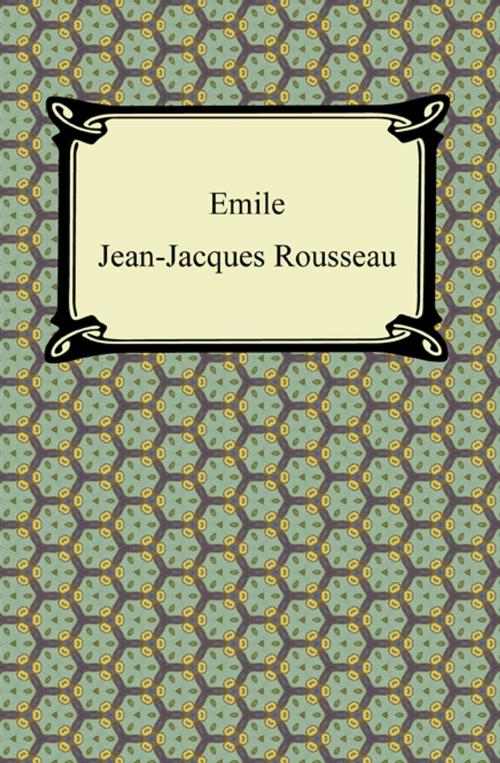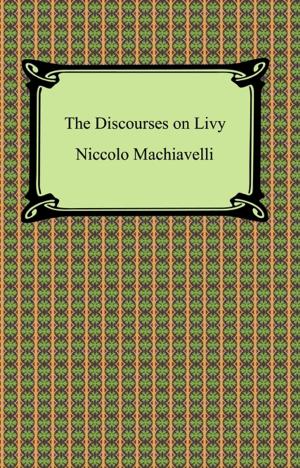| Author: | Jean-Jacques Rousseau | ISBN: | 9781596744776 |
| Publisher: | Neeland Media LLC | Publication: | December 15, 2009 |
| Imprint: | Digireads.com Publishing | Language: | English |
| Author: | Jean-Jacques Rousseau |
| ISBN: | 9781596744776 |
| Publisher: | Neeland Media LLC |
| Publication: | December 15, 2009 |
| Imprint: | Digireads.com Publishing |
| Language: | English |
Jean-Jacques Rousseau (1712-1778) was a French philosopher, novelist and essayist whose ideas in the areas of science, art, nature, morality, among many others, greatly influenced the late eighteenth century's Romantic Naturalism movement. His philosophies explored the virtue of human beings as being good by nature, the corruption of civil society, individual freedom, and in the case of his 1762 treatise on education, "Émile", allowing children to develop naturally and without the constraint of social conditions. Émile is an imaginary student put forth by Rousseau to illustrate his idea of "negative education," in other words, education in harmony with a child's natural capacity through a process of autonomous discovery. Rousseau removes the authoritative, domineering teacher figure, and instead wants mothers to encourage children's natural tendencies, without coddling or spoiling them. The work was controversial in its own time, but later inspired a new national system of education during the French Revolution, and to some has earned Rousseau the title of "father of modern education."
Jean-Jacques Rousseau (1712-1778) was a French philosopher, novelist and essayist whose ideas in the areas of science, art, nature, morality, among many others, greatly influenced the late eighteenth century's Romantic Naturalism movement. His philosophies explored the virtue of human beings as being good by nature, the corruption of civil society, individual freedom, and in the case of his 1762 treatise on education, "Émile", allowing children to develop naturally and without the constraint of social conditions. Émile is an imaginary student put forth by Rousseau to illustrate his idea of "negative education," in other words, education in harmony with a child's natural capacity through a process of autonomous discovery. Rousseau removes the authoritative, domineering teacher figure, and instead wants mothers to encourage children's natural tendencies, without coddling or spoiling them. The work was controversial in its own time, but later inspired a new national system of education during the French Revolution, and to some has earned Rousseau the title of "father of modern education."










![Cover of the book Oedipus Rex (Oedipus the King) [Translated by E. H. Plumptre with an Introduction by John Williams White] by Jean-Jacques Rousseau](https://www.kuoky.com/images/2016/may/300x300/9781420953473-WJXP_300x.jpg)




